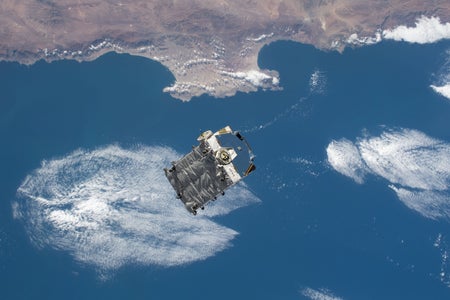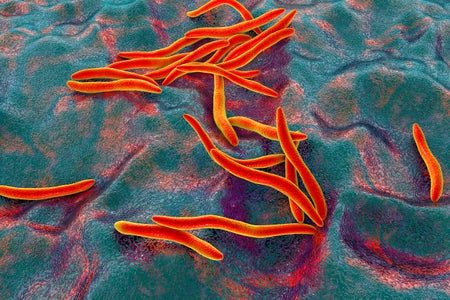
Earth’s Coral Reefs Face a New, Deadly Mass Bleaching. They Can Still Be Saved
“A mass bleaching event is, by definition, a mass mortality event,” a leading coral reef expert says

Earth’s Coral Reefs Face a New, Deadly Mass Bleaching. They Can Still Be Saved
“A mass bleaching event is, by definition, a mass mortality event,” a leading coral reef expert says

Space-Junk Strike in Florida Signals New Era of Orbital Debris
Three years ago astronauts threw out the largest piece of trash ever tossed from the International Space Station. Now some of it has punched a hole through a house in Naples, Fla.

Colon Cancer Linked to Mouth Bacteria
Genomic research of Fusobacterium nucleatum isolated from colon cancer tumors may help researchers develop future screening tests and cancer vaccines

The Secret to the Strongest Force in the Universe
New discoveries demystify the bizarre force that binds atomic nuclei together

What Were the Red Dots around the Total Solar Eclipse?
During the total solar eclipse, skywatchers saw ruby-colored prominences sticking out of the moon's shadow. Here's the science of those red dots

Scientists Discover Extensive Brain-Wave Patterns
Certain brain layers specialize in particular waves—which might aid understanding of neuropsychiatric disorders

How Parents Can Heal Rifts with Their Adult Children
Repairing a broken parent-adult child relationship is possible if both sides approach it earnestly and honestly